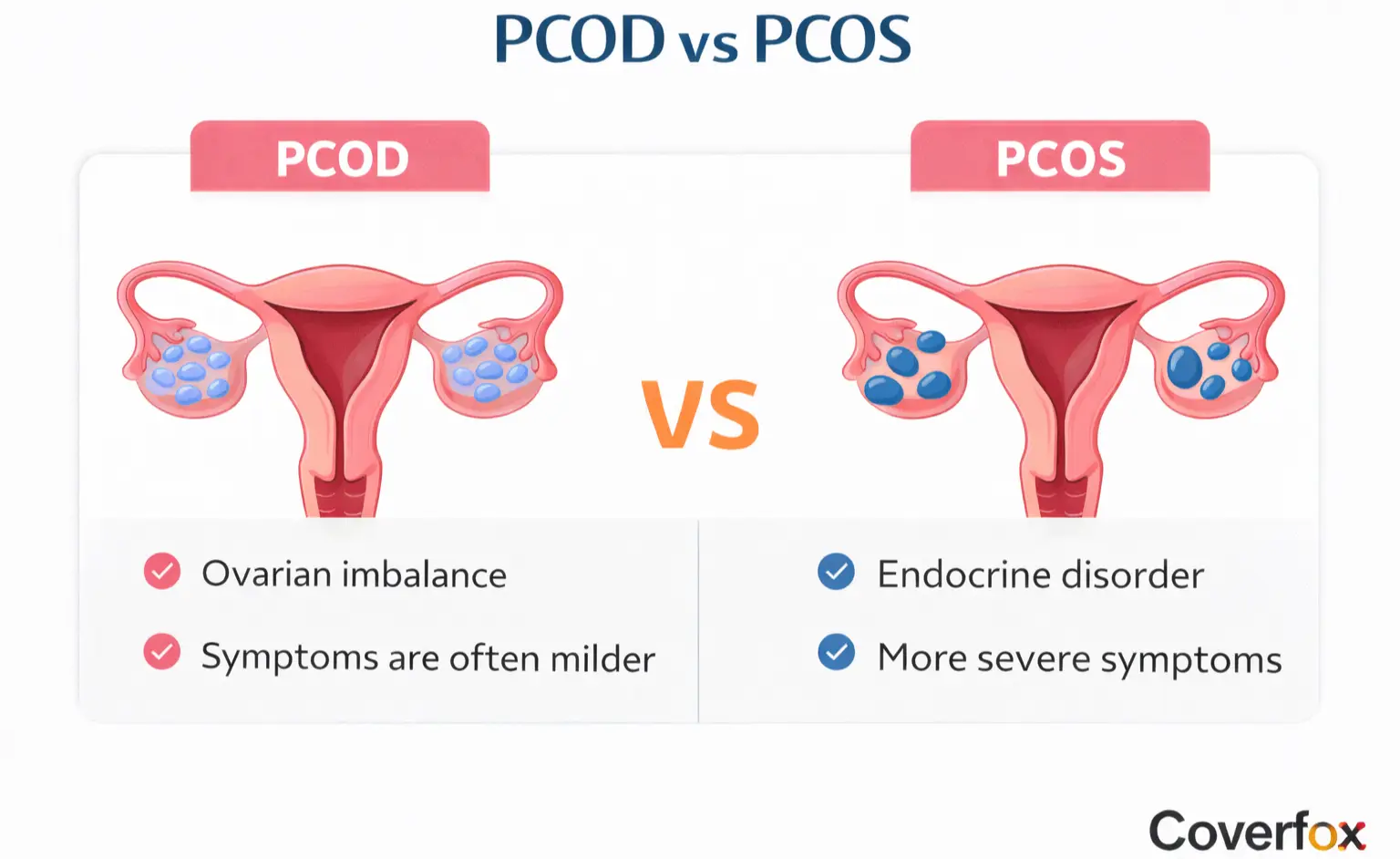Every year on 14th June, the world celebrates “World Blood Donor Day”. This day is observed to appreciate the kindness of blood donors, spreading awareness about the importance and impact of blood donation, and motivating people to donate blood. This day is a symbol of gratitude to the kind ones, and also highlights the importance of ongoing blood donation requirements, emphasising the need for safe and regular blood donations.

History of World Blood Donor Day
This year marks the 21st anniversary of World Blood Donor Day. On June 14, 2004, the first-ever World Blood Donor Day was celebrated. The date marks the birth anniversary of Karl Landsteiner (born in 1868), the Nobel Prize-winning scientist who discovered the ABO blood group system. The World Health Organisation (WHO), in collaboration with the International Federation of Red Cross and Red Crescent Societies (IFRC) and other organisations, established World Blood Donor Day.
The Importance of Blood Donation in Public Health
Blood donation is a public health necessity. It is a major threat solver, especially in emergencies like natural disasters or accidents. Blood donation not only helps the patients in need, but also to the donor as well. Here is why blood donation is important:
1. Life-Saving in Emergencies
Blood is essential in:
- Accidents and trauma cases
- Childbirth complications
- Natural disasters and conflict zones
One donation can save up to three lives, making it a vital public health resource.
2. Supports Medical Procedures
Blood and its components, like platelets and plasma, are necessary for:
- Surgeries and organ transplants
- Cancer treatments
- Managing anaemia, thalassemia, and haemophilia
Hospitals rely on a stable blood supply to carry out these life-saving procedures.
3. Ensures Health System Readiness
Voluntary and regular blood donation:
- Reduces dependency on paid donors or last-minute appeals
- Maintains a safe and sufficient blood stock
- Helps in pandemic or outbreak response
A well-organised donation system is a pillar of health security.
4. Promotes Community Solidarity
Blood donation campaigns:
- Foster social responsibility and empathy
- Encourage youth participation and civic awareness
- Build a culture of giving and collective wellbeing
5. Safe Donation Saves Recipients and Donors
- Screening and testing protocols make donated blood safe and infection-free
- Donors also benefit from basic health checks during donation
The Significance of World Blood Donor Day
So why exactly is World Blood Donor Day celebrated, and why is it important? The answer is:
Raising Awareness
This day emphasises spreading awareness about information regarding blood donation. It talks about benefits, relief, and the need for blood donation, especially in the healthcare sector.
Supporting Health Systems
Blood is essential for surgeries, trauma care, cancer treatment, and managing chronic diseases. World Blood Donor Day focuses on the need for a stable blood supply, helping hospitals and emergency services stay prepared.
Promoting Voluntary, Unpaid Donation
When in dire situations, paid donations are requested. But, this problem can be solved with voluntary blood donations and the healthcare systems having a sufficient supply of blood in a properly contained environment. This day also encourages people to donate blood voluntarily, to save lives and leave a mark on society.
Global Solidarity
It serves as a platform to showcase how collective efforts across countries, communities, and individuals can contribute to health equity and resilience. Each donation becomes part of a broader chain of survival and compassion.
Key Statistics on Blood Donation Worldwide
These facts on Blood Donation will intrigue your mind:
- 118.5 million blood donations are collected globally each year (WHO).
- 40% of these donations are from high-income countries, which account for only 16% of the world’s population.
- More than 70 countries collect over 90% of their blood supply from voluntary, unpaid donors.
- Whole blood donation can typically be done every 3 months (12 weeks), while apheresis donations (like plasma) can occur more frequently based on local rules.
- There are total of 8 types of Blood groups in the world, which include: A+, A-, AB+, AB-, B+, B-, O+ and O-
- People with O- blood type are considered universal donors, and people with blood type AB- are known as universal recipients.
- One blood donation can save up to three lives.
- The shelf life of Red blood cells lasts 42 days, and platelets are just 5 days.
The 2025 Theme for World Blood Donor Day
Every year, the WHO sets a theme for World Blood Donor Day. The WHO aims to direct its approach towards a specific reason every year. The previous year’s theme, i.e., 2024’s theme, was “20 years of celebrating giving: Thank you blood donors!", focusing on the 20-year celebration and appreciation towards blood donors.
The theme for World Blood Donor Day 2025 is “Give blood, give hope: together we save lives”. This year, we will celebrate the power of hope—the kind you offer with each drop of donated blood. With millions of patients depending on transfusions worldwide, every donation carries life and renewed possibility.
Emergency Coverage & Awareness: The Role of Blood Donation in Crisis Situations
Natural disasters, crises happen at a moment’s notice. You simply cannot be prepared enough for a disaster. Every bit of help adds on during a crisis. In an emergency, hospitals are one of the most important resources and functioning entities. The requirement for blood, amongst other necessities, is extremely high during accidents and emergency crises. Blood is critical for:
- Treating trauma, burns, and major injuries
- Emergency surgeries and childbirth complications
- Managing mass casualty events
Regular blood donation helps maintain emergency reserves. Hospitals and disaster response units rely on voluntary donors to meet sudden demand surges. On this day, public education and blood donation campaigns are spread across the globe, to spread awareness and encourage people to donate blood.
Who Can Donate Blood? Eligibility and Guidelines
Blood donation is an honourable act, but not everyone is eligible. These 2 tables will highlight basic guidelines and eligibility criteria for donating blood:
| Criteria | Details |
|---|---|
| Age | 18 to 65 years |
| Weight | Minimum 50 kg |
| Haemoglobin Level | At least 12.5 g/dL |
| Health Status | Should be physically healthy and free from infections |
| Donation Interval | 3 months (men), 4 months (women) |
Blood Donation Disqualifications
| Temporary Disqualifications | Permanent Disqualifications |
|---|---|
| Fever, cold, or recent infection | HIV/AIDS, Hepatitis B or C |
| Recent surgery (within 6 months) | Chronic heart or lung diseases |
| Recent dental procedure (within 24–72 hours) | Uncontrolled diabetes or epilepsy |
| Recent vaccination (14–28 days, depending on the vaccine) | History of cancer |
| Use of antibiotics or medication (within the last 2 weeks) | History of organ transplant |
| Travel to malaria-prone regions (past 3–6 months) | Other serious chronic or contagious conditions |
Basic Guidelines for Donating Blood:
- Eat a healthy meal and stay hydrated before donating
- Avoid alcohol 24 hours prior
- Get adequate rest before your appointment
- Carry a valid ID proof when going to donate
The Blood Donation Process
Here are the steps to donate blood:
Step 1: Registration
Provide your ID and fill out a simple form with your basic details at the donation centre.
Step 2: Health Screening
A medical professional checks your haemoglobin levels, blood pressure, pulse, and overall fitness to donate.
Step 3: Donation Preparation
You’ll be seated comfortably, and a sterile needle will be used to draw about 350–450 ml of blood.
Step 4: Actual Blood Donation
The process takes 8–10 minutes. You’ll be monitored to ensure you're comfortable throughout.
Step 5: Rest and Refreshments
After donating, you’ll rest for 10–15 minutes and enjoy a light snack or drink to rehydrate.
Step 6: Post-Donation Care
Avoid heavy lifting or intense activity for the rest of the day, drink plenty of fluids, and keep the bandage on for a few hours.
The Role of Social Media in Raising Blood Donation Awareness
Nowadays, social media has become a part of our daily routine. An average person spends around 2 hours daily on social media, and around 65% of the world population is on social media websites. This makes social media an excellent platform to raise awareness on. Blood donation awareness campaigns can be made on:
- Twitter Posts
- Instagram Reels
- Youtube Videos
- Carousels on LinkedIn
- Survey Forms
- Facebook Groups
These social media platforms will help reach larger audiences, making blood donation awareness campaigns a success. Especially when an influencer or celebrity is speaking, people will listen.
Conclusion: Blood Donation as a Lifeline for Public Health
The need for blood in hospitals is everlasting. Be it a surgery, pregnancy, or a crisis, blood is needed in many medical procedures. Also, as there are many types of blood, the requirement for each blood type is crucial (especially O-). So, this World Blood Donation Day, try to sign up as a volunteer to donate blood at a donation camp, and participate in making the world a better place.
Health insurance companies often support blood donation initiatives as a part of their corporate wellness and to promote preventive health. Blood donation also helps the donor by improving blood circulation and monitoring any underlying disease. So what are you waiting for? Sign up for a blood donation today and ensure you buy the best health insurance for the perfect preventive measure for your health and your finances!
Explore More:
Everything You Need to Know About MCHC Blood Test
How Do I Convince My Customers to Buy Health Insurance?
Frequently Asked Questions
What is the theme of World Blood Donor Day 2025?
Give blood, give hope: together we save lives
Why do we celebrate World Blood Donor Day?
To appreciate donors, encourage more people to donate blood and spread awareness about the need for blood donations.
What are the rules for donating blood in India?
In India, you must be 18–65 years old, weigh at least 50 kg, and have a haemoglobin level of 12.5 g/dL or more to donate blood.
Is blood donation safe?
Yes, it’s completely safe.
How long does a blood donation take?
Generally, the process takes 8-10 minutes, after which you would be asked to take 10-15 minute rest.
Why is regular blood donation important?
Regular donations ensure a stable blood supply for emergencies, surgeries, and patients with conditions like thalassemia or cancer. It also encourages better personal health tracking.
Are there risks or side effects of donating blood?
Side effects are rare and minor, like light-headedness or bruising. These usually go away quickly with rest and hydration.
What are the common reasons people are prevented from donating blood?
Temporary disqualifiers include low haemoglobin, illness, recent surgery, medication, or travel to malaria-risk zones. Permanent disqualifiers include chronic diseases like HIV/AIDS, hepatitis, or a cancer history.
What should I do after donating blood?
Rest for 10–15 minutes, eat a light snack, drink plenty of fluids, avoid heavy lifting, and keep the bandage on for a few hours.




.webp)
 in Insurance.webp)